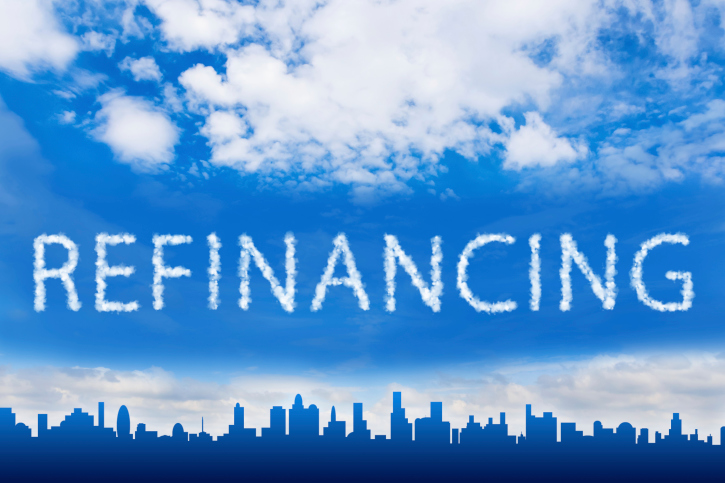Freelancing in 2015? Three Tips for How to Secure a Mortgage if You’re a Self-Employed Entrepreneur
 If you are self-employed, either as a freelancer or as the owner of your own business, your income can fluctuate greatly from year to year. That can make it difficult to get approved for a mortgage, although there are some things you can do to improve your chances. Here are three tips for securing a mortgage if you are self-employed.
If you are self-employed, either as a freelancer or as the owner of your own business, your income can fluctuate greatly from year to year. That can make it difficult to get approved for a mortgage, although there are some things you can do to improve your chances. Here are three tips for securing a mortgage if you are self-employed.
Make Sure Your Credit Score Is In Good Shape
While your ability to pay back a mortgage is the most important factor in approval, your credit score is a close second, and that goes for every borrower, not just those who are self-employed. If you have a credit score in the high range — something above 750 or 760 — it will help you get approved for a mortgage. To boost your score, make sure you pay all bills on time, pay down your debt levels and don’t make any new big purchases or apply for new credit soon before you apply for a mortgage.
Have a Large Down Payment
The more money a bank lends you to buy a house, the more risk it is taking in that the money won’t be paid back. If you are self-employed and considered a higher risk to begin with, one way you can alleviate some of that risk is to be able to put down a large amount of money. Putting down 20 percent is standard for a conventional loan, and you should be willing to contribute at least that much. Putting down at least 20 percent also will save you money in the long run, because you won’t have to pay for mortgage insurance and you will pay less in finance charges over the life of the loan.
Have Significant Assets
One way to put a lender at ease about your ability to pay for a mortgage is to have significant reserves in the form of assets. If you have large amounts of money in regular savings, brokerage and retirement accounts, it offers a reserve for you to tap should your income take a dive. Other forms of property, such as personal and business property that’s paid off and has value, also help.
If you are self-employed and are thinking about buying a home, contact a mortgage professional to discuss your situation and to see if you will be able to qualify for a home loan.

 One of the most significant challenges that many people face when preparing to buy a first home relates to saving money for a down payment. While there are many different loan programs with varying down payment requirements, the fact is that it can still be difficult to save up a large sum of money. Some programs may require you to save as much as 10 percent or 20 percent of the sales price of the home.
One of the most significant challenges that many people face when preparing to buy a first home relates to saving money for a down payment. While there are many different loan programs with varying down payment requirements, the fact is that it can still be difficult to save up a large sum of money. Some programs may require you to save as much as 10 percent or 20 percent of the sales price of the home. Refinancing your home mortgage can be beneficial for you for a number of reasons. As a homeowner, you may have spoken with some of your friends and neighbors who have already refinanced, and you may have heard about some of the different benefits associated with refinancing your mortgage. For example, refinancing can result in a lower mortgage payment, the ability to pay your mortgage off more quickly, reduced interest charges and other benefits. If you have never gone through this process yourself, however, you may not know what to expect with the refinancing process.
Refinancing your home mortgage can be beneficial for you for a number of reasons. As a homeowner, you may have spoken with some of your friends and neighbors who have already refinanced, and you may have heard about some of the different benefits associated with refinancing your mortgage. For example, refinancing can result in a lower mortgage payment, the ability to pay your mortgage off more quickly, reduced interest charges and other benefits. If you have never gone through this process yourself, however, you may not know what to expect with the refinancing process.